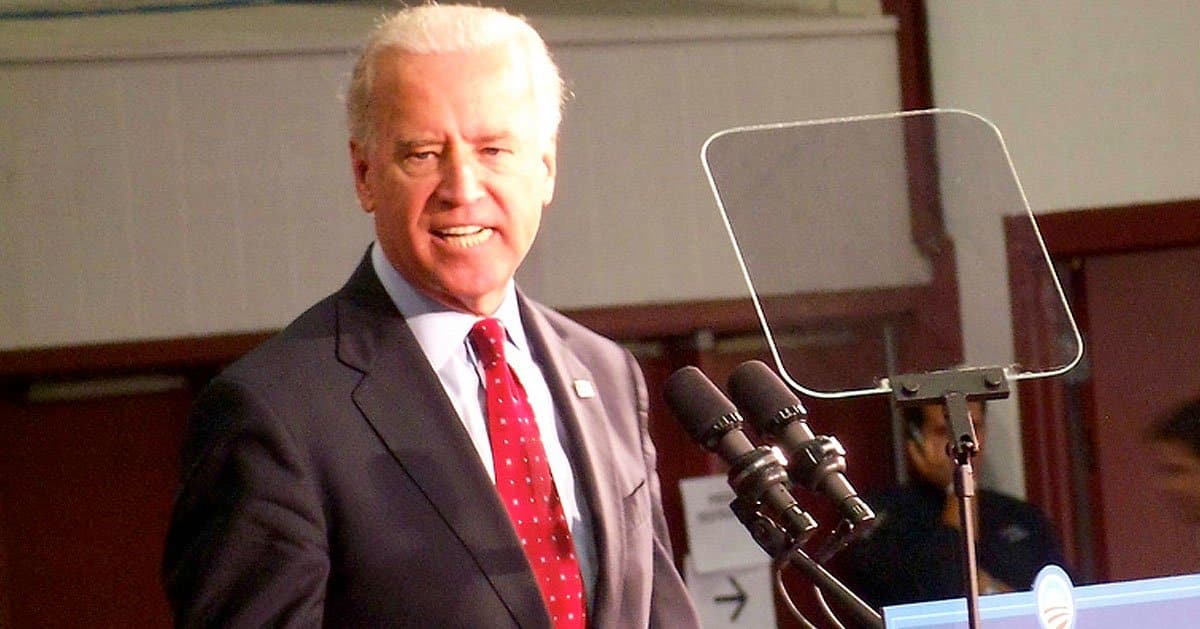




President Joe Biden’s physician met with Dr. Kevin Cannard, a top neurologist specializing in Parkinson’s disease, at the White House residence clinic on January 17, 2023. The meetings have raised concerns and speculations regarding Biden's health and his capacity to continue his presidential duties.
The Washington Examiner reported that Dr. Kevin Cannard, a Parkinson’s disease expert from Walter Reed Medical Center, has visited the White House 10 times since November 2022, according to visitor logs.
President Biden's physician, Kevin O’Connor, last met with Dr. Cannard at the White House residence clinic on January 17.
During this meeting, Walter Reed Medical Center cardiologist John E. Atwood was also present.
The repeated visits by Dr. Cannard have caught public attention, sparking speculation about President Biden’s health.
Visitor logs indicate that Dr. Cannard, often accompanied by Megan Nasworthy, a liaison between Walter Reed Medical Center and the White House, made 10 visits in total.
Except for two of these visits dating back to late 2022, Nasworthy has been involved in all of Cannard's meetings at the White House. On November 15, 2022, Dr. Cannard met with another professional, Dr. Joshua Simmons.
In August 2023, Dr. Cannard published a paper on the early stages of Parkinson’s disease in the journal Parkinsonism & Related Disorders. This, coupled with the frequency of his visits, has led public figures to voice their concerns.
Rep. Ronny Jackson (R-TX) suggested to the New York Post that the White House may be concealing information about the president's health. He accused Kevin O’Connor, along with First Lady Jill Biden, of leading a cover-up to keep the president's condition hidden from the public eye.
The White House responded to these speculations by stating that multiple specialists from the Walter Reed Medical Center regularly visit the White House. "A wide variety of specialists from the Walter Reed system visit the White House complex to treat the thousands of military personnel who work on the grounds," the White House told the Washington Examiner.
In an interview with ABC’s George Stephanopoulos, Biden addressed his debate performance, attributing it to factors other than a serious health condition. He refrained from committing to taking an independent cognitive test.
Biden's recent interactions with the press and his team have revealed more about his health management. He admitted at a meeting with Democratic governors that he had consulted with his doctor prior to the first presidential debate, contradicting previous official statements.
Additionally, Biden revealed his plan to reduce his schedule by avoiding late-evening events. His aides indicated to Axios that the president is most functional between 10 a.m. and 4 p.m., but struggles with potential miscues outside those hours or when traveling abroad.
The president’s performance in the initial debate has placed him under significant scrutiny from within his party.
Prominent members and political analysts have expressed their concerns, urging Biden to consider stepping down from the 2024 presidential race.
Biden faces growing pressure to allow another candidate to run against former President Donald Trump in November. Both criticism and concern continue to build regarding whether Biden can effectively serve another term given his health and scheduling constraints.
In summary, the regular visits of a Parkinson’s disease specialist to President Biden, combined with his recent health remarks, have created significant public and political concern. While the White House maintains these visits are routine medical practices for staff, scrutiny around the president's health and capacity to serve remains at the forefront of public discourse.



